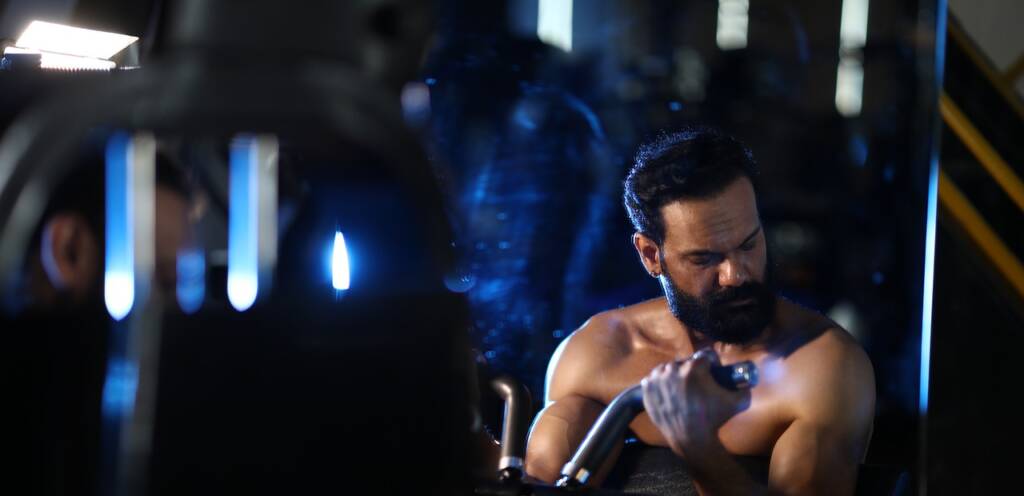June is Men’s Mental Health Month
Did you know that men are less likely than women to seek help for mental health issues including depression, anxiety, bipolar disorder, and much more. Stigma around mental health conversation has plagued men in their ability to have open and honest conversations about their mental health issues. NAMI Greater Toledo is on a mission to and further the conversation around mental health, specifically Men’s Mental Health this month.
We sat down with NAMI Greater Toledo Executive Director Robin Isenberg to discuss Men’s Mental Health issues.
Men are statistically less likely to discuss mental health issues or seek treatment, how can men better approach mental health challenges?
One good place to start is in the workplace. If we can encourage employers to implement strategies that support the mental health of ALL employees, then men are instantly included. And…NAMI can help! Our StigmaFree Company Program is designed to help companies (from the top down) create a workplace where conversation and support are encouraged, and all employees have mental health education, resources and tools.
For more information on NAMI Greater Toledo’s StigmaFree Company Program, visit https://namitoledo.org/stigma-free-company/
What are the most common mental health challenges for men?
The most common mental health challenge for both men and women is depression. Approximately 9% of American men are affected by depression daily and over 30% have suffered some period of depression over their lifetime. More alarming is the fact that men are 3.7 times more likely to take their own lives.
Are there different mental health challenges between men and women?
For the most part, men and women face similar mental health issues such as depression; however, women tend to express sadness while men get irritated/ angry. Further, men are less likely to talk about their feelings or seek help. From a young age, men are told to “man up” or “don’t cry”. Because admitting they have a mental illness and need help goes against traditional social expectations, they often don’t even recognize or acknowledge that they are suffering. Another
challenge that men face is fear of being discriminated against in the workplace, perhaps being looked over or a promotion or considered weak, if people know that they are struggling.
In summary, men and women both suffer from mental illness. Men may be statistically less likely to acknowledge and talk about their issues, and more concerning, more likely to take their own lives. We must do a better job of serving
our community and making sure that EVERYONE knows that it is okay to not be okay and that you are not alone. Your friends at NAMI are here with you! If you or someone you know needs access to FREE mental health resources, invite
them to call NAMI Greater Toledo at 419-419-243-1119

